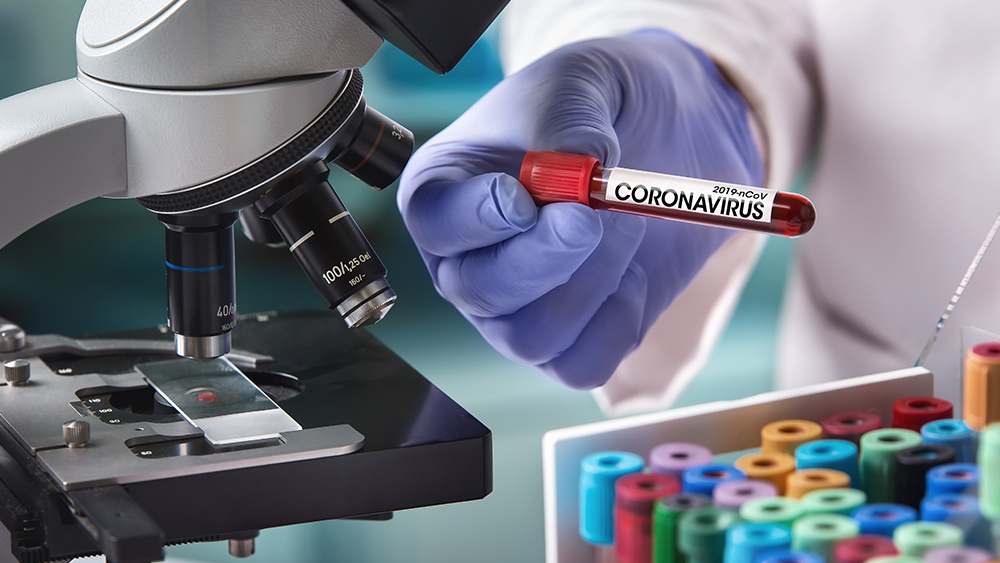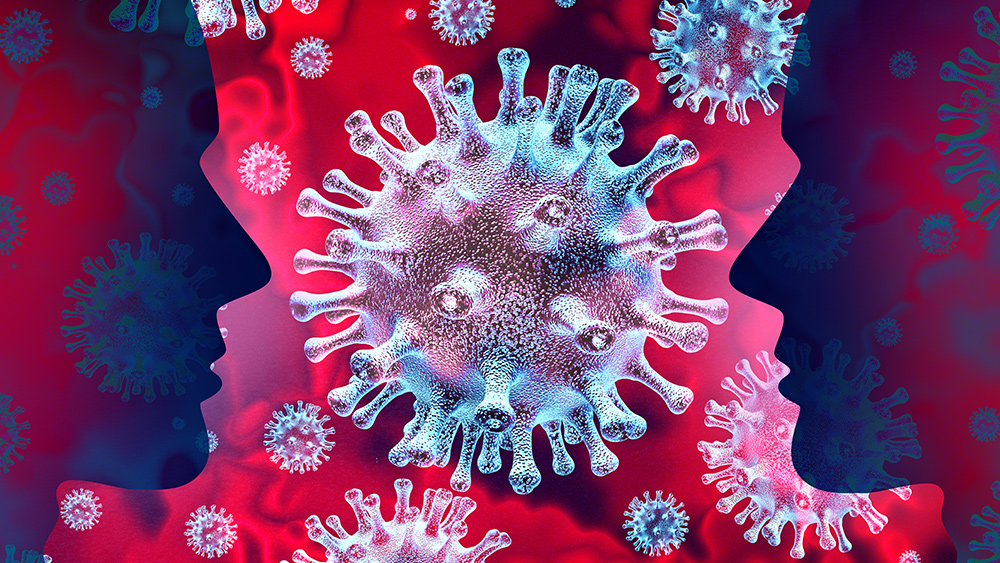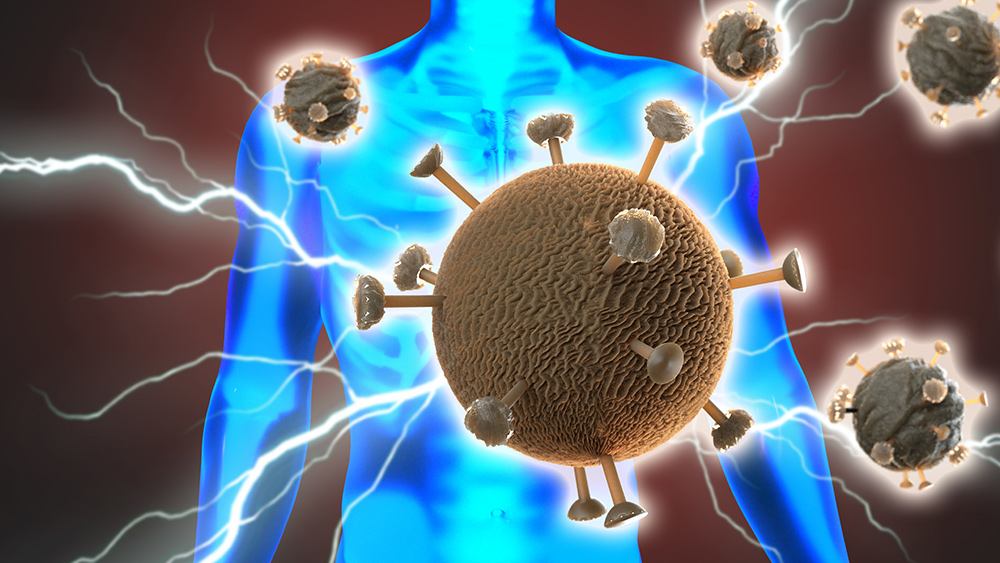Understanding the difference between simple and complex carbs is the key to healthy eating habits
01/23/2020 / By Grace Olson

When it comes to eating, it’s important to understand what goes inside your food – especially when it comes to carbohydrates. Carbohydrates, which most people refer to as “carbs,” are divided into two categories: simple and complex carbohydrates. Understanding how each interacts with the body can help a person choose which foods to eat.
A quick guide to carbohydrates
Carbohydrates are crucial biomolecules to the body since they fuel the body’s numerous functions. During digestion, carbohydrates in food are broken down into glucose. Once this enters the bloodstream, it is distributed to the numerous cells of the body for energy.
While all carbohydrates provide energy, it’s worth noting that some kinds of carbs are healthier than others. Depending on what type you eat, carbohydrates can cause your glucose levels to rise quickly (or spike). They can even affect how quickly you get hungry and how much excess carbs you store.
People who do not monitor or manage their carbohydrate intake have a higher risk of developing chronic illnesses like obesity, cardiovascular disease and Type 2 diabetes.
To get a better understanding of how carbohydrates affect the body, it is best to know the difference between simple carbs and complex carbs.
Simple carbs
Simple carbohydrates are quick sources of energy. These are made up of shorter chains of molecules and are more easily digested compared to complex carbohydrates. Eating them results in a spike in blood sugar levels that is useful when a person needs energy immediately.
Simple carbs are commonly found in processed foods and added sugar, where they gained a notorious reputation. Studies have shown that the consumption of these foods, as well as sweetened beverages, may contribute to various health problems. Since these compounds are absorbed quickly, any excess sugar is turned into fat and stored for later use. If these stored fats aren’t used, they accumulate and contribute to weight gain. This can lead to a number of health problems, including osteoarthritis and stroke, if not managed properly. (Related: Fast-releasing carbohydrates alter brain chemistry and create addiction to junk foods.)
However, there are healthier sources of simple carbs that you can eat. These include:
- Fruits (not including sweetened fruit drinks)
- Some vegetables
- Certain grains
Simple carbs naturally occur in these foods, making them ideal for a sweet snack. Moreover, these foods contain other beneficial compounds like fiber, vitamins, and minerals that boost their nutritional content. These compounds help slow down digestion so that blood sugar levels don’t rise too quickly.
Complex carbs
Compared to simple carbs, complex carbohydrates have longer chains of molecules. This means that they take longer to digest and help a person feel full longer. For this reason, they make ideal foods for weight-watchers trying to cut back on carbohydrates.
Like simple carbs, there are also healthy and unhealthy sources of complex carbs. When choosing which ones to eat, stick to foods that have not been refined, including:
- Whole grains (e.g., brown rice, oats, wild rice)
- Starchy vegetables (e.g., potatoes, corn)
- Beans and legumes (e.g., lentils, chickpeas, kidney beans)
- Grain-like foods (e.g., quinoa and buckwheat)
- Non-starchy vegetables (e.g., asparagus, zucchini)
These foods are packed with nutrients, including fiber, healthy fats, vitamins and minerals. All these slow down the digestion process and prevent spikes in blood sugar levels.
On the other hand, refined grains also contain complex carbohydrates. However, their nutritional values are lower compared to fresh and whole foods. Manufacturers remove parts of the food – like the bran and germ in grains – that cuts their nutritional content. Some of these foods are white flour, white bread, and white rice.
Generally, it is better to consume meals that contain complex rather than simple carbs. However, this depends on what you need. If you only need a quick snack, slices of fruits may give a quick energy boost. If you prefer something more filling, eat a meal with complex carbs. Overall, try to find the balance that suits you best.
Keep in mind the difference between simple and complex carbs, along with other healthy eating habits and ideas you can learn from Food.news.
Sources include:
Tagged Under: anti-diabetes, anti-obesity, bad carbs, carbohydrates, cardiovascular health, clean food, complex carbohydrates, digestion, fightobesity, healthy carbs, heart health, longevity, refined grains, simple carbohydrates, Whole Foods



















